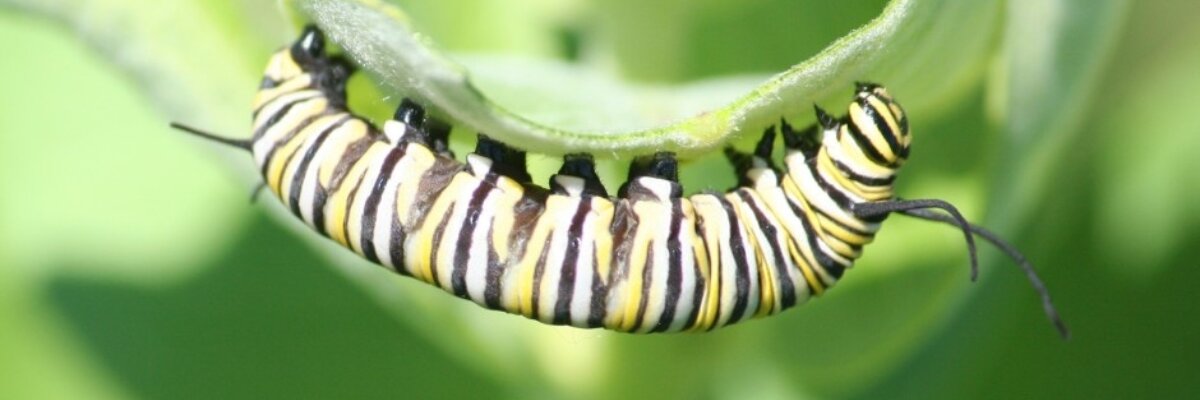
What does overwintering mean, and why do monarchs do it?
Insects have different strategies for surviving the winter. Some only live in places that never experience freezing temperatures, some have evolved to tolerate cold or freezing temperatures in different life stages, and some migrate to escape winter conditions. 'Overwintering' is a term used to describe how something survives the winter.
For monarchs, overwintering means migrating to another location and spending the winter there because they cannot survive the freezing temperatures in the northern parts of their range. Monarchs migrate to the mountains of central Mexico, or the Pacific Coast to overwinter in areas that are warm enough for them to spend the winter without freezing, but cool enough for them to not use all their energy when there isn't much food to eat. Monarchs are in 'reproductive diapause' when they are overwintering, which means they have paused their sexual development and will usually not reproduce until spring. By delaying reproduction and remaining relatively inactive, overwintering monarchs are able to survive up to 9 months. In contrast, breeding adult monarchs in the spring and summer months need plentiful nectar plants to fuel their reproduction, and usually live only about 1 month. For more information on monarch biology, migration and overwintering visit the Journey North and the Monarch Joint Venture websites:
